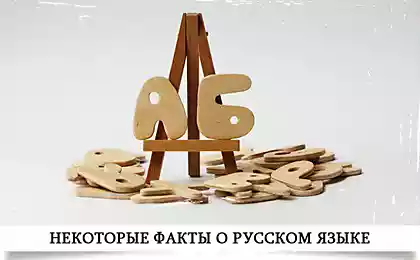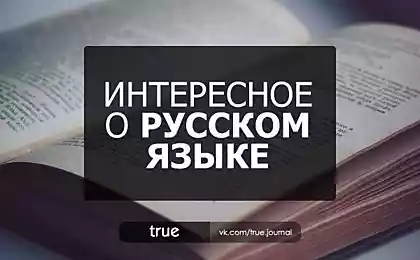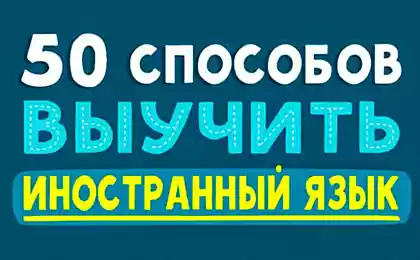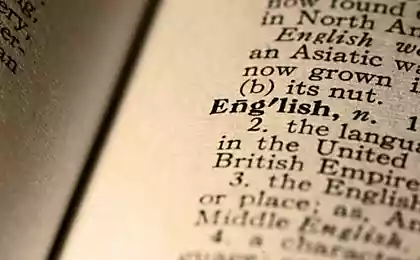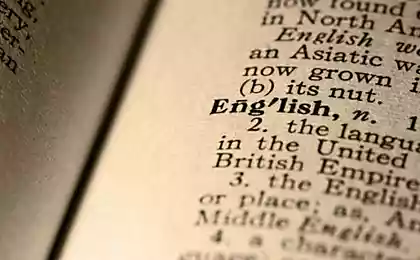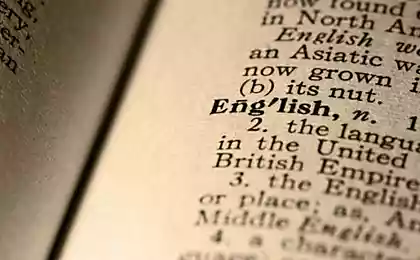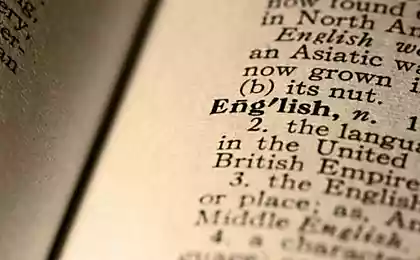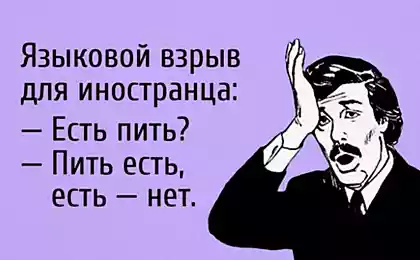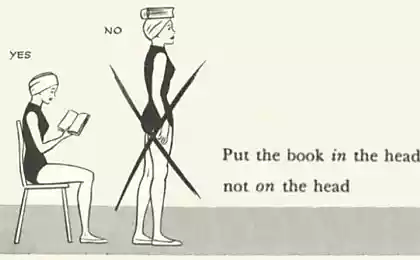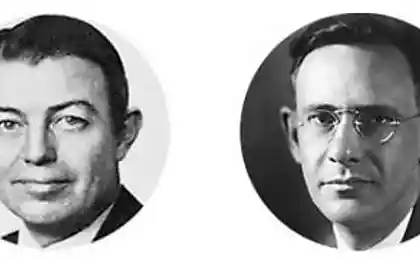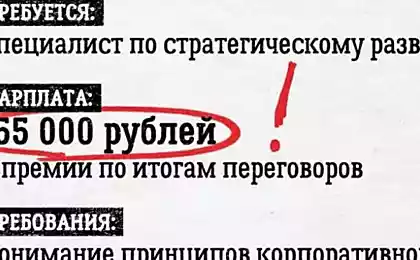853
12 facts about the "great and mighty" Russian language
Ivan Turgenev, Russian classical writer, once said, in a rush of feelings: "You're the one I support and support, oh great, powerful, truthful and free Russian language!" We are on the Website are very fond of Russian language and publish A selection of interesting facts about its features.
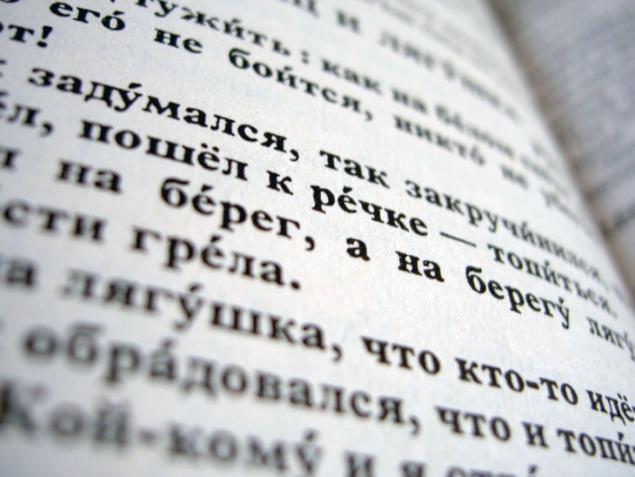
The word of two letters, which can be made eight errors - soup. Russian Empress Catherine the Great, while still a German princess Sophie wrote a simple Russian word soup like this: « schtschi », and it is eight letters, all of which - wrong! Russian alphabet is unique. Some characters in it are the same as in Latin, but others look the same but sound different. And two more letters - b and b - do not have their own sounds. Letter e may be two different sounds [ye] and [yo]. That is for the [yo] is a single letter, e, but the two terms are often written so that a not e, and f. You can get confused. In the modern Russian language, the word friend is no longer used, so that native speakers have remained without a special word of appeal to another person or group of people. Sometimes you can hear ladies and gentlemen, but it sounds a bit pretentious and unnatural. May be used and the treatment a man, a woman, but it is somewhat rude. Do not use the verb to be in the present tense. But in the future and the past - used. The order of words in the Russian language is free, but it does not mean that you can put the word you want. From the order of the words may be radically dependent meaning of the sentence. For example, "I'm going home" means "I'm going home" (though, of course, a lot depends on the tone), but "I'm coming home" means that "I was going home, and not much else there." And "I'm coming home" - "That I'm going home, not you and not someone else. All others remain here and work! ". So the order of words in the Russian language depends on what you want to say. To make an offer to the general question, I do nothing, just intonation. "You're home" - this statement, "You're at home?" - A question. At the numerals one and two is the genus, and the rest - no, one boy, one girl, two girls, two boys, but the three boys / girls. At the numeral one is plural - alone. The past tense of verbs is a kind, and in the present and the future - not: he played, she played, it plays, it plays. We have Russian nouns animate! This means that some animate nouns are considered "more alive" than inanimate. For example, in the Russian language is considered dead more alive than dead. (Remember the curriculum: blame someone - a dead man, but that the blame - the corpse). The most difficult Russian patter: "Sasha was walking along the highway and sucked drying", "In the yard - the grass, on the grass - firewood not cut firewood on the grass court».
via www.adme.ru/zhizn-nauka/12-osobennostej-kotorye-est-tolko-v-russkom-yazyke-1102210/

The word of two letters, which can be made eight errors - soup. Russian Empress Catherine the Great, while still a German princess Sophie wrote a simple Russian word soup like this: « schtschi », and it is eight letters, all of which - wrong! Russian alphabet is unique. Some characters in it are the same as in Latin, but others look the same but sound different. And two more letters - b and b - do not have their own sounds. Letter e may be two different sounds [ye] and [yo]. That is for the [yo] is a single letter, e, but the two terms are often written so that a not e, and f. You can get confused. In the modern Russian language, the word friend is no longer used, so that native speakers have remained without a special word of appeal to another person or group of people. Sometimes you can hear ladies and gentlemen, but it sounds a bit pretentious and unnatural. May be used and the treatment a man, a woman, but it is somewhat rude. Do not use the verb to be in the present tense. But in the future and the past - used. The order of words in the Russian language is free, but it does not mean that you can put the word you want. From the order of the words may be radically dependent meaning of the sentence. For example, "I'm going home" means "I'm going home" (though, of course, a lot depends on the tone), but "I'm coming home" means that "I was going home, and not much else there." And "I'm coming home" - "That I'm going home, not you and not someone else. All others remain here and work! ". So the order of words in the Russian language depends on what you want to say. To make an offer to the general question, I do nothing, just intonation. "You're home" - this statement, "You're at home?" - A question. At the numerals one and two is the genus, and the rest - no, one boy, one girl, two girls, two boys, but the three boys / girls. At the numeral one is plural - alone. The past tense of verbs is a kind, and in the present and the future - not: he played, she played, it plays, it plays. We have Russian nouns animate! This means that some animate nouns are considered "more alive" than inanimate. For example, in the Russian language is considered dead more alive than dead. (Remember the curriculum: blame someone - a dead man, but that the blame - the corpse). The most difficult Russian patter: "Sasha was walking along the highway and sucked drying", "In the yard - the grass, on the grass - firewood not cut firewood on the grass court».
via www.adme.ru/zhizn-nauka/12-osobennostej-kotorye-est-tolko-v-russkom-yazyke-1102210/
No one knows why the trees in this forest grew so strange
13 of the most creative and innovative homes Russia

